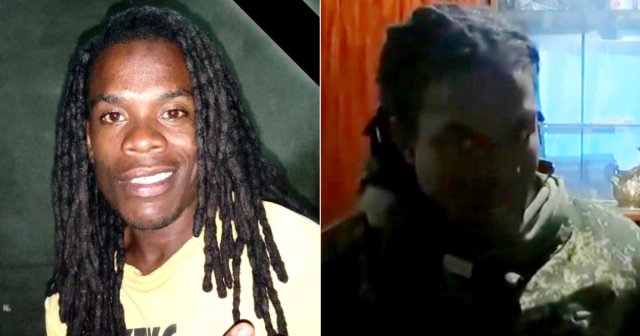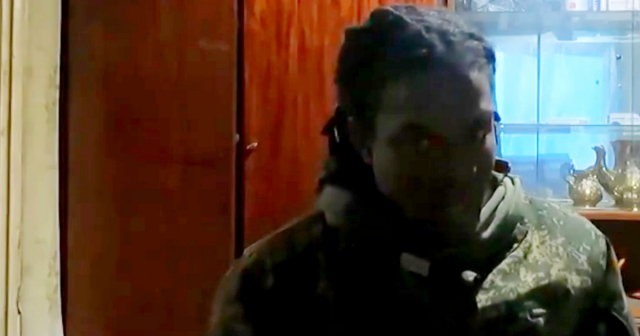
Spain denied nationality to Cubans affected by the Treaty of Paris of 1898, which eliminated this benefit to nationals who remained in Cuba after the agreement to declare independence on January 1, 1899.
The Minister of Foreign Affairs and Cooperation, Jose Manuel Albares, denied a request made by the Cuban-American citizen Maikel Arista-Salado, to eliminate, retroactively, Article IX of the Treaty of Paris, the newspaper reported The debate.
That agreement was signed in 1898 between Spain and the United States and ended the Spanish-Cuban-American War. With the Treaty, the European nation renounced Cuba and the Philippines and ceded Puerto Rico and other overseas possessions to the United States.
However, through Article IX The citizens who decided to remain on the Caribbean island were left without Spanish nationality, which has harmed thousands of descendants who wish to recover their rights.
Arista-Salado argued in a lawsuit filed in October of last year "that the massive and forced denaturalization was an unconstitutional act, null and void, because the Spanish State lacked then, as it lacks today, the necessary legal capacity to withdraw Spanish citizenship to its own nationals, much less traffic it in a treaty with another State".
In that thread he stated that "since it is a null act, it has not affected the transmission right of blood [right of blood] of the natural, fundamental and very personal right of our elders to their descendants, which today, by virtue of this, the Spanish State is asked to recognize in its positive law, and put an end to a century of debt and oblivion ".
However, Albares in his response defended the validity of Article IX of the Treaty of Paris.
He pointed out that Arista-Salado exceeds his use of the right of petition and ensures that the Vienna Convention, which governs diplomatic relations between States, only contemplates the denunciation of a treaty, or one of its articles, in the event that the parties would have agreed upon it when signing it.
In the case of the Treaty of Paris, Spain and the United States only left the possibility of denouncing the content of Article XV, he explained.
Arista-Salado considered upon hearing the minister's decision that the Government has not analyzed the substance of the issue.
"I am not asking for an opinion about whether it is appropriate or not. I am saying that it must be reported because it violates fundamental rights. The Government ignores this consideration," he stressed.
In his opinion, the fact that Spain says that it cannot be denounced because neither the Treaty nor the Vienna Convention provide solutions for the denunciation "is false, because the fundamental point, Article 9, is null, invalid and illegal because it contravenes the Constitution. The Government avoids the issue due to formalism," he noted.
Thousands of Cubans have not been able to opt for Spanish nationality, despite the recent signing of the Grandchildren Law, because their ancestors were no longer considered Spanish because they stayed in Cuba after the end of the Spanish-Cuban-American War.
What do you think?
COMMENTFiled in:






